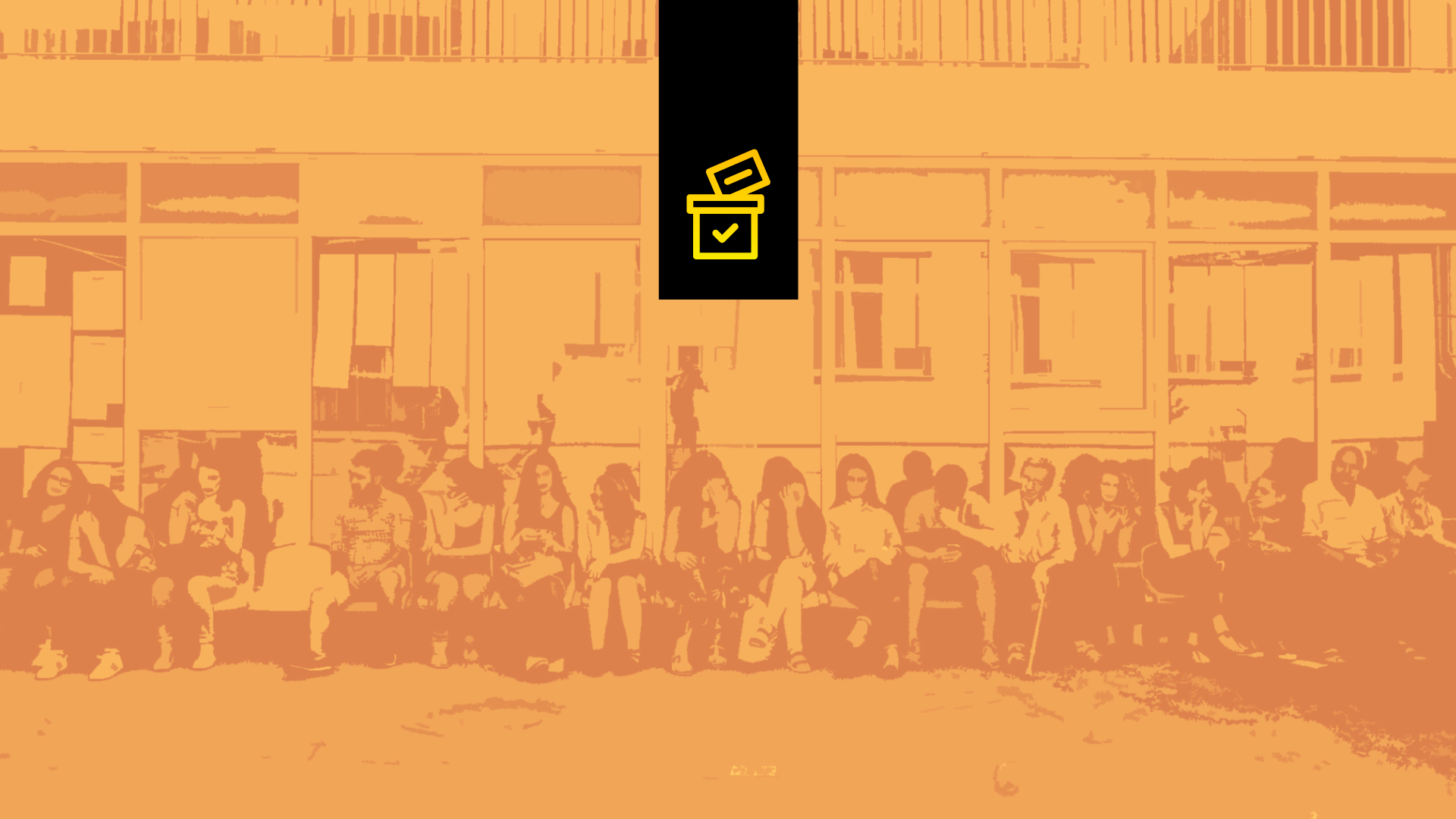
2021 Elections: A different perspective on our education
With elections happening almost every two years, K2.0 listens to ideas on solutions amid dubious promises.
|09.02.2021
|
"We should begin by fulfilling legal obligations and adopting them to the concrete needs of education stakeholders."
"Change happens when learning means more than a grade or diploma."
"The government should increase the fund for scientific research."

Kosovo 2.0
Kosovo 2.0 is a pioneering independent media organization that engages society in insightful discussion. Through our print and online magazines, debates and advocacy initiatives, we are dedicated to deepening the understanding of current affairs in Kosovo, the region and beyond.
This story was originally written in Albanian.